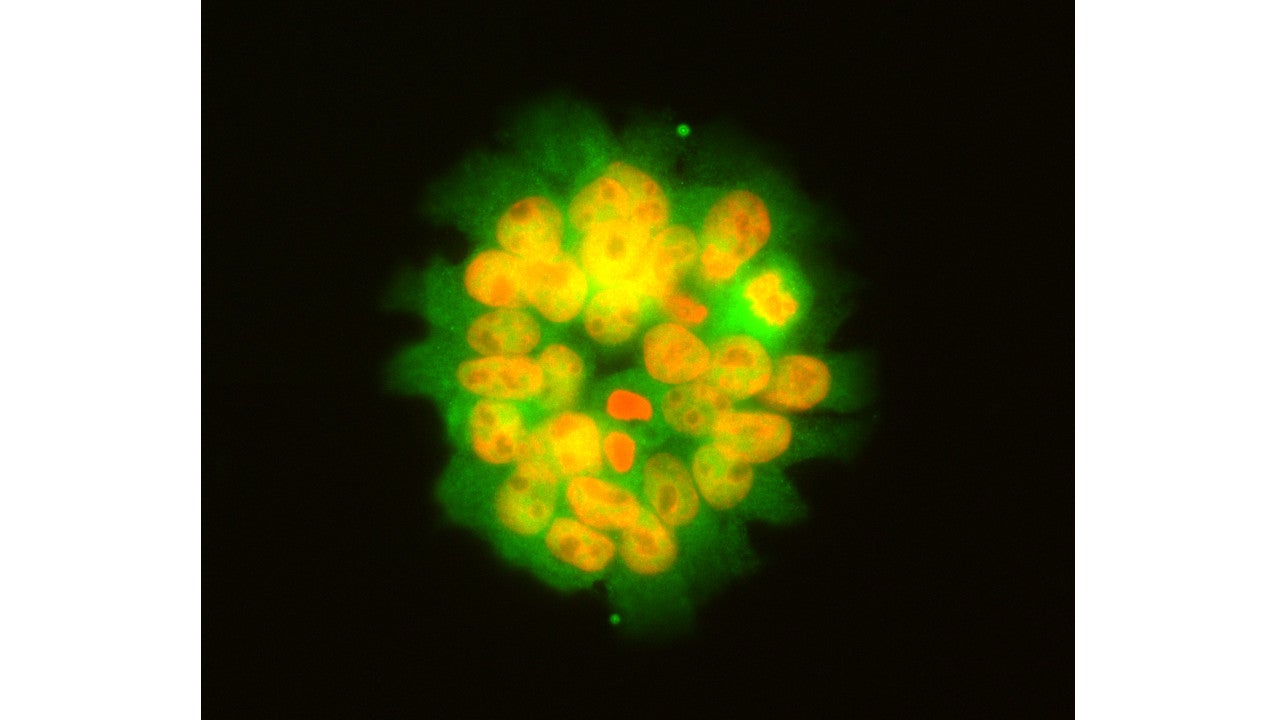by Reynald Castaneda in London
Agenus is working with the CRO Parexel in a Phase II oncology trial investigating the combination of its anti-CTLA4 agent AGEN1181 with anti-PD1 AGEN2034 (balstilimab), said president and Chief Operating Officer Jennifer Buell.
Parexel’s role in the trial is supportive to Agenus’ own inhouse capabilities, Buell noted. Specifically, the CRO is responsible for boots-on-the-ground elements of the trial, such as trial site initiation, she explained. Tasks that stay with Agenus include clinical data management, and statistical analysis, she noted. The decision to go with Parexel was supported by its oncology experience and the long tenure of its staff, she said, adding the CRO has been successful in boosting its online capabilities in response to the Covid-19 pandemic. Parexel declined to comment.
On 1 December, the company announced the expansion of the Phase II study that will focus primarily on colorectal cancer and select solid tumors, such as lung cancer and melanoma. The trial is yet to be listed on ClinicalTrials.gov but it will be an open-label, multicenter study, according to the media release. Cancer indications such as renal cell carcinoma and angiocarcinoma are under consideration to be looped into the trial, Buell said.
The aim of the Phase II is to garner an accelerated approval in certain indications as well as provide a gateway into a larger Phase III trial in others, she noted. Decisions as to which indications would follow either development pathway would depend on each indication’s standard of care response rates and unmet need, she said.
An 86-patient Phase I basket trial (NCT03860272) investigating AGEN1181 monotherapy or in combination with balstilimab is still recruiting patients. While Buell declined to comment on this trial’s progress, she noted more results should be expected in the next few months. As per the aforementioned media release, out of 41 Phase I-treated patients, 19 achieved disease stabilization in the dose-escalation trial. Complete responses were seen in one microsatellite stable (MSS) endometrial cancer patient on monotherapy and another on the combination. Partial responses were seen with the combination in one colorectal cancer patient, and a refractory ovarian cancer patient treated in the rescue setting.

US Tariffs are shifting - will you react or anticipate?
Don’t let policy changes catch you off guard. Stay proactive with real-time data and expert analysis.
By GlobalDataAGEN1181 is designed to improve upon Bristol-Myers Squibb’s CTLA-4 inhibitor Yervoy (ipilimumab). It has been observed that 40% of cancer patients with a polymorphism in the FcyRIIIA allele do not respond to Yervoy, and AGEN1181 is modelled to target these patients, Buell explained. And so, with 20% of patients responding to Yervoy, AGEN1181 could potentially expand patient response rate to 60%, she added. AGEN1181 could also improve upon Yervoy in its side-effect profile, since the former is being investigated at a lower dose, she said.
Reynald Castaneda is an Associate Editor for Clinical Trials Arena parent company GlobalData’s investigative journalism team. A version of this article originally appeared on the Insights module of GlobalData’s Pharmaceutical Intelligence Center. To access more articles like this, visit GlobalData.





